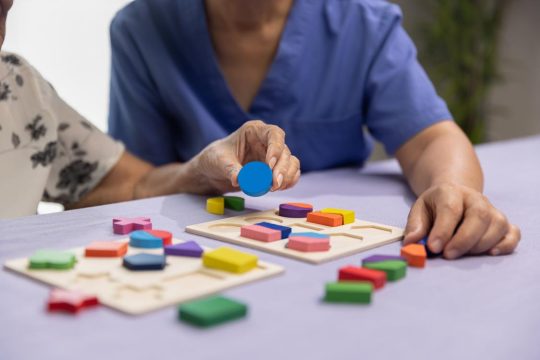Advertisment
BTS 2013 Report – Hoffenberg lecture: consent is a luxury we cannot afford

by Maria Dalby reporting on the presentation by John Harris, Institute for Science, Ethics and Innovation, University of Manchester. A thousand patients die every year whilst waiting for a transplant. Thousands more are forced to live their lives virtually imprisoned by the need for regular dialysis.
As a society we have a duty to maximise the number of organs available for donation every year to save lives and prevent suffering. Professor of bioethics John Harris delivered this year’s Hoffenberg Memorial Lecture at the annual congress; in it, he outlined two proposals for organ donation policies that would increase the number of available organs without violating the individual patient’s autonomy and integrity.
Firstly, Professor Harris proposes that we do away with the need for consent to deceased donation, either by the deceased person him/herself or by the next of kin. The concept of consent to a medical intervention is based on the principle of autonomy, which in turn assumes that a person would have some form of posthumous welfare interests that need to be protected. The problem, from a philosophical point of view, is that autonomy implies a capacity to make choices by an act of will – since the deceased have no will, they cannot have autonomy and thus cannot have their integrity violated. To illustrate this point, Professor Harris used the somewhat drastic example of necrophilia, which is illegal on grounds that it may constitute mutilation of a dead body, or possibly an offence to its dignity, but has never been described as rape – an offence which involves bodily violation, and it is not possible to violate a dead body.
In Professor Harris’ view, it is not merely a matter of replacing the current opt-in system with an opt-out or contract-out system – organs from deceased persons should be automatically available for donation without the need for any form of consent or registration. Whilst this may appear a cavalier attitude at first, Britain has a long history of imposing mandatory policies and procedures in the interest of public good, such as control of dangerous drugs, compulsory vaccinations and screening tests, and reporting and quarantine procedures for communicable diseases. A particularly prominent example is when a coroner orders a post mortem in a case of suspicious death – in this case, consent becomes irrelevant as it is deemed in the public interest to find an explanation and identify a potentially murderous agent.
The second policy that Professor Harris would like to see implemented is legislation to allow organs from live donors to be sold on a national, regulated market. As Professor Harris pointed out, under the current system for altruistic donations in the NHS, the donor is the only person involved who does not get paid for his/her contribution! Offering payment for organs could potentially induce individuals to donate their organs who would not otherwise have been willing to do so, in the same way that most of us are happy to do things for money that we would not otherwise have done – for example, regardless of how much we may like our job, most of us probably would not want to do our work for free!
Professor Harris’ proposal for a donated organ market relies on two principles:
1. The market has to exist in a self-governing community that can be controlled, much like a well-governed national state that is capable of ensuring that the rules are followed.
2. There must be no direct offers and sales of organs – each transaction will be regulated through a mediating body such as the NHS, who would purchase the organ and allocate it according to medical need rather than ability to pay – as with all NHS care, the organ would be free to the recipient at the point of need.
Establishing a regulated market for donated organs will ensure that each donation is transacted in an ethically safe way; that the vendor can be appropriately counselled; genuine consent can be obtained; and the provenance and medical status of the organ ascertained. The risk of exploitation will be negligible. The price should be set by the market – Professor Harris suggested that a suitable starting point for negotiations would be the cost to the NHS of keeping a patient on kidney dialysis for one year.
Professor Harris concluded by stressing that the individual sensitivities of donors and families must not be trampled – the challenge is to persuade everyone that these would be sensible and appropriate steps to take and that no-one is going to lose out. Quite the opposite, someone might live who would otherwise have died.





